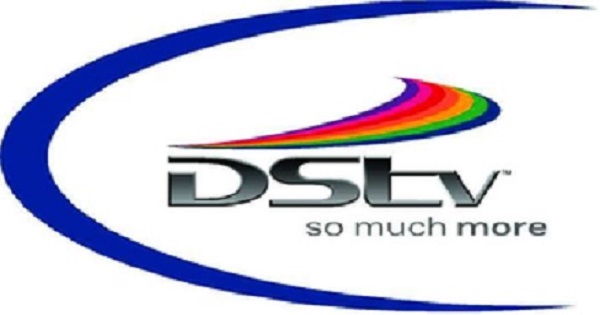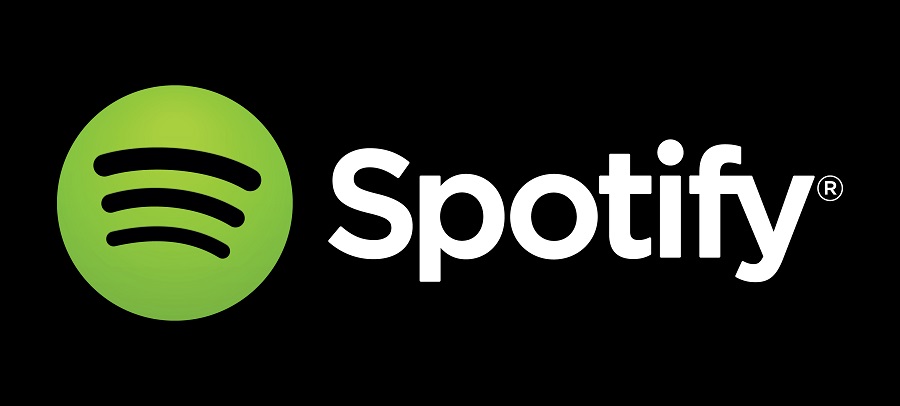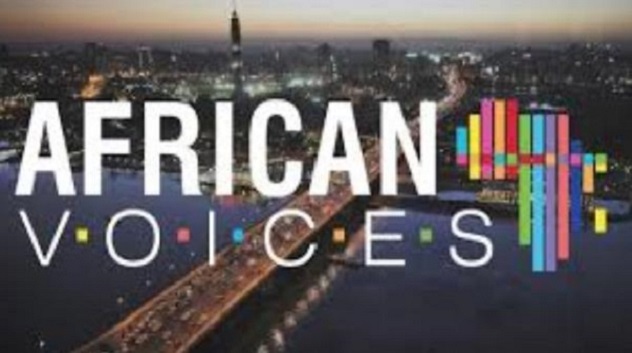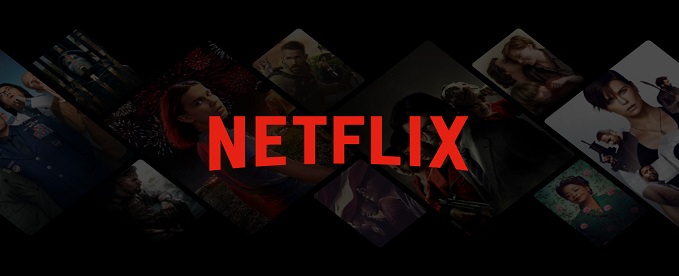Broadcasting
DStv Rules as TSTV, Others Chase Shadows

Over the past decade, various pay TV newcomers have tried to take on DStv, the digital satellite service owned by Multichoice, an arm of South African media giant, Naspers.
It is in a battle for a share of the 23 million subscribers that make up Africa’s fast-expanding pay TV market. So far, none has been able to win.
According to Quartz, the very authoritative digitally native news outlet, said that the latest to try is TSTV, a startup pay TV company that’s just launched in Nigeria.
Perhaps in a sign of concerns around DStv’s dominance as a premium TV distribution platform, Nigeria’s government has already given TSTV its backing by promising a three-year tax holiday to help it get off the ground.
From a programming perspective TSTV’s hopes of traction are largely hinged on offering popular premium sports content, one of the key elements satellite and cable TV distributors have used to build loyal (and at times, resentful) subscribers around the world.
But there’s just one problem with TSTV’s ambitions: it’s unclear if the company has any agreements to broadcast the most popular content of them all, the English Premier League (EPL).
TSTV lists beIN sports channels (which broadcasts the EPL in North Africa) as part of its programming package but that’s been shrouded in controversy with a purported letter from beIN refuting any agreement with TSTV making the rounds on social media in Nigeria.
beIN did not respond to Quartz’s emails seeking to clarify the authenticity of the letter but TSTV has denied infringing on beIN’s rights.

TSTV did not respond to Quartz’s email enquiries.
But despite the latest competition in Africa’s largest market, DStv is likely to retain its hold there as it has elsewhere.
Its dominance is down to a mix of its diverse content portfolio which range from exclusive rights to popular sports leagues to long-running investment in entertainment and movie content.
Backed by Naspers, Africa’s most valuable company with a market cap over $100 billion, very few competitors can match DStv’s deep pockets.
With more than 12 million subscribers DStv’s market share exceeds 50%, says Sa Eva Nebie, research analyst with Dataxis, a market research firm.
Its hold on broadcast rights of the EPL, arguably the most watched sports league in Africa, is an example of this. As the the value of EPL’s broadcast rights has risen sharply along with its global popularity in recent years, that cost presents a barrier to gaining market share for new entrants.
DStv has no such problem. Last year, it paid £296 million to secure rights to broadcast EPL in sub-Saharan Africa from 2016 to 2019, and, in April, it extended its agreement until 2022.
Its hold on the rights have even come under government scrutiny: in Kenya, regulators have unsuccessfully tried to get the company to resell its rights to local channels to “level the playing field.”
But soccer is not the only thing keeping DStv ahead. Its significant investment in original local content, especially the hugely popular Nollywood, through its Africa Magic channels, have also proven a major draw with subscribers that aren’t crazy about soccer.
Just as important are its broad offering of high-profile Hollywood content including movies and series as well as popular Indian soaps and Mexican telenovelas.
DStv’s dominance is also down to its wider reach and retail infrastructure—thanks to its 20-year head-start in the pay TV business.
One way competitors have looked to challenge DStv is by targeting the mass market many of which cannot afford DStv’s more expensive subscription prices.

StarTimes, a Chinese-owned pay TV company, has grown rapidly since the turn of the decade by offering cheaper monthly subscriptions (it’s most expensive bouquet is currently four times cheaper than DStv’s).
With prices as low as $2.50, the company has garnered 10 million subscribers across 30 African countries.
But DStv has since responded by launching GOtv, a less expensive pay TV company with monthly packages as low as $1. StarTimes offers a mix of news, entertainment and sports content (it will broadcast the FIFA soccer World Cup next year).
TSTV isn’t the first Nigeria-owned company that’s tried to test DStv’s hold on the Nigerian market. Back in 2007, newly-launched HiTV beat DStv to EPL rights and looked to build its subscriber base using football as its crown jewel. But that proved inadequate as, with much of its other content considered second-rate, many Nigerians maintained their DStv subscriptions. By 2011, HiTV had shut up shop amid allegations of high-level mismanagement.
As sports rights inflation rises quickly and many major African currencies crashing versus the US dollar in the last two years, it has forced DStv, like other African businesses, to raise their prices fairly frequently. This has engendered a lot of resentment with consumers who feel they have no choice but to use the satellite service with all the top programming. Some have called for tougher regulation of DStv.
Broadcasting
Burna Boy, Other Nigerian Artists Pocket $38m from Spotify in 2024

Spotify, the Swedish audio streaming and media service provider, paid over $38 million in royalties last year to Nigerian artists who are riding on the wave growing interest in music from Nigeria and African continent.

Elsewhere, South African performers reached $21 million, up 54 per cent year- on-year.
In total the two biggest African markets got around $59 million last year.
Meanwhile, the Swedish company paid out some $10 billion in royalties worldwide in 2024.
And while Africa represents only a small part of its offering, interest in African artists has ballooned, buoyed in part by internationally recognised acts like South African singer Tyla and Nigeria’s Burna Boy.
Around 250 million user-created playlists now feature at least one Nigerian artist, and 220 million contain a South African, the company said on Thursday.
“What we’re seeing is an excellent evolution around more and more mid-tier or up-and-coming artists making a living,” said Jocelyne Muhutu-Remy, Spotify’s managing director for Sub-Saharan Africa.
Much of that came from outside their home markets.
Nigerian artists have seen a 49% increase in export growth over the past three years, while South Africa saw export growth of 104%.
The number of Nigerian artists earning 10 million Naira, meanwhile, doubled year-on-year and has tripled since 2022.
In South Africa, the number of those earning between 100,000 and 500,000 rand has doubled over the past three years.
Broadcasting
Glo-sponsored African Voices Changemakers Celebrates Nathaniel Bassey, Mercy Chinwo

CNN International’s magazine programme, African Voices Changemakers, sponsored by Globacom, will this week celebrate two of Africa’s biggest gospel music stars, Nathaniel Bassey and Mercy Chinwo.

The 30-minute programme will showcase the gospel stars who are expected to bring their unique gospel vibes to the show.
Nathaniel Bassey, a Nigerian singer, trumpeter, and gospel songwriter, has gained massive popularity with his songs like “Yahweh Sabaoth”, “Ebenezer”, and “Tobechukwu”.
Born on August 27, 1981, Bassey studied International Relations and Politics at the University of Lagos and later Music at Middlesex University Summer School in the UK., Bassey’s music has inspired countless fans around the world.
The second guest, Mercy Chinwo, is a Nigerian gospel singer, actress, and songwriter who began her music career at age six. She signed with EeZee Conceptz in 2017 and released her first single “Excess Love” in 2018.
Chinwo has won several awards, including the Gospel Artiste of the year at the AFRIMMA Awards in 2020. With her powerful voice and captivating stage presence, Chinwo has made a significant impact on the gospel music scene across the globe.
African Voices Changemakers will air on Saturday at 8:30 a.m., with repeats on the same day at noon, and on Sunday at 4:30 a.m. and 2 p.m. The show will also air on Monday at 4 a.m. The same broadcast schedule will be repeated next week.
Broadcasting
Netflix Expands Language Options on TV to Capture Global Viewers

Netflix has expanded its language options for television viewers, allowing users to select from the full list of available subtitles and dubbing languages for any title.

This update aims to make Netflix’s global catalogue more accessible, especially as nearly a third of its viewership comes from non-English language shows.
Previously, TV users could only choose from a limited selection of languages based on their location and settings.
Now, they can access the complete range of available languages for any title, similar to the flexibility already offered on mobile devices and web browsers.
For instance, a user can watch an English title like “Bridgerton” with Spanish dubbing and Korean subtitles, or opt for Japanese dubbing with Portuguese subtitles.
Netflix offers subtitles in 33 languages and audio dubbing in 36 languages across its catalogue, though the exact number of available languages may vary by title. This change responds to numerous user requests for more language options on TV platforms.
This move reflects Netflix’s commitment to enhancing accessibility and catering to its diverse global audience by providing more inclusive viewing experiences.

 General News2 days ago
General News2 days agoAirbnb Community Fund Donates ₦13 Billion to Nonprofits Worldwide

 General News2 days ago
General News2 days agoNigerian Military Makes History with Africa’s First Attack Drones, Bombs

 News2 days ago
News2 days agoShell, Renaissance Face Legal Action over SPDC Licence Transfer

 E-Business2 days ago
E-Business2 days agoKike, Nigerian Tech Firm Launches ‘Kike AI’ for Kitchen Innovation

 Telecom2 days ago
Telecom2 days agoNigeria Heads Anglophone Data Protection Committee

 E-Financial2 days ago
E-Financial2 days agoSterling Bank Makes Online Transfer Charges Free of Charge

 News2 days ago
News2 days agoWorld Bank Approves $1.08Bn Loan for Nigeria

 Telecom2 days ago
Telecom2 days agoHow MIP Is Making a Difference in The Media Landscape






















